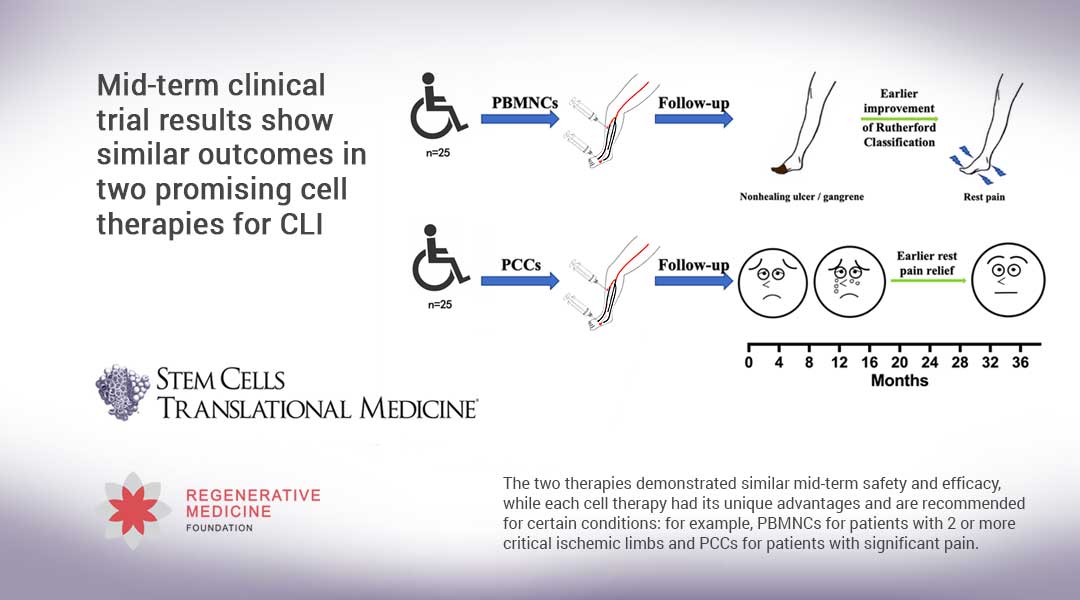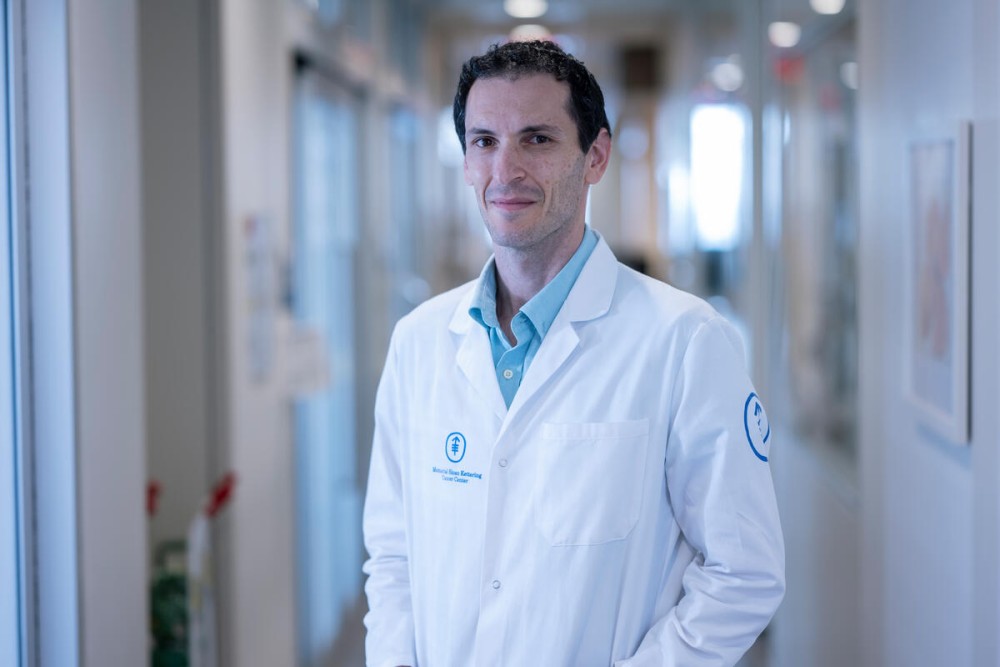By Genectic Engineering & Biotechnology –
Phase I clinical trial results suggest that an antibody treatment, used in combination with other drugs, enabled stem cell transplants for three children with Fanconi anemia without toxic busulfan chemotherapy or radiation. All three children with Fanconi anemia—a genetic disease that makes standard stem cell transplant extremely risky—have completed two years of follow-up and are doing well.
“We were able to treat these really fragile patients with a new, innovative regimen that allowed us to reduce the toxicity of the stem cell transplant protocol,” said Agnieszka Czechowicz, MD, PhD, assistant professor of pediatrics at Stanford Medicine. “Specifically, we could eliminate the use of radiation and genotoxic chemotherapy called busulfan, with exceptional outcomes.”




